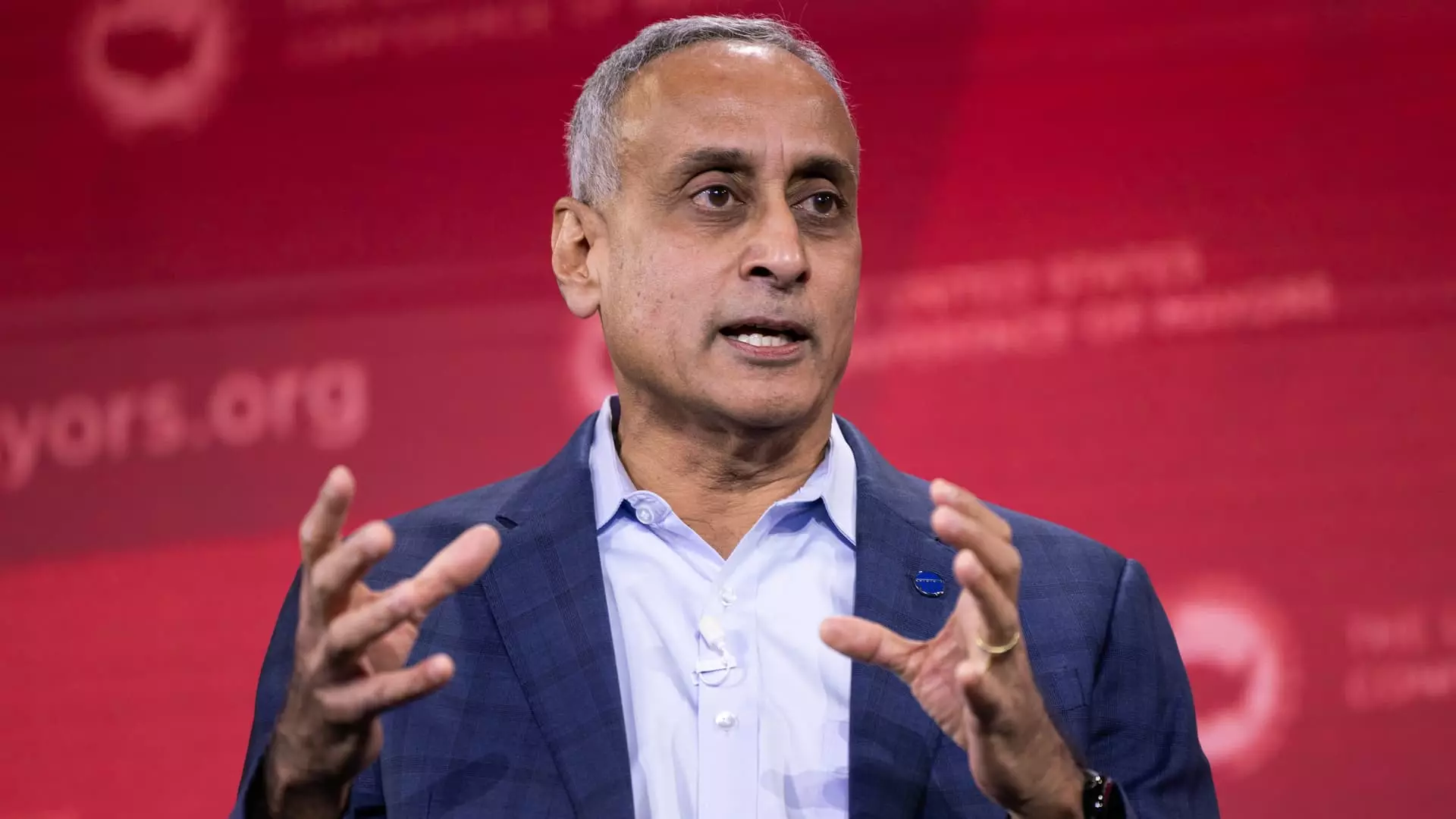In a significant restructuring, Google has announced a leadership shift that positions Nick Fox as the new head of the company’s search and advertising sectors, replacing Prabhakar Raghavan, who will transition to the role of chief technologist. Alphabet CEO Sundar Pichai disclosed the changes in a recent blog post, emphasizing Raghavan’s 12-year tenure and his decision to embark on a new chapter in his career. This adjustment highlights not only the evolving dynamics within Google but also the fierce competition in the technological landscape, particularly in artificial intelligence.
Switching to chief technologist, Raghavan is expected to maintain a close working relationship with Pichai, aiming to enhance Google’s technical strategies and foster a culture rooted in technological excellence. It’s clear that Pichai views Raghavan’s experience as vital in steering the company’s future technological direction, especially as Google grapples with a rapidly changing market influenced by AI advancements. Raghavan’s acknowledgment of the industry’s transformation serves as a cornerstone for the recalibration of Google’s approach in the current technological climate.
Google’s leadership changes come during a pivotal moment in the advancement of artificial intelligence, a field that has become a central focus for tech giants worldwide. The urgency to accelerate AI development is exacerbated by increasing competition and regulatory challenges. As a company facing several antitrust lawsuits regarding its search and advertising practices, Google’s restructuring is a strategic response to maintain its competitive edge in the industry. The appointment of Fox, who has been integral in crafting Google’s AI trajectory, hints at a proactive strategy to harness innovation while managing potential pitfalls of regulatory scrutiny.
Nick Fox’s promotion is not merely a change of name at the helm; it represents a broader strategic initiative. Having joined Google in 2003, Fox brings a wealth of experience and familiarity with the company’s operations, particularly in product design and the advertising space. His role in shaping the AI product roadmap in collaboration with Raghavan underscores his capability to influence future innovations. Under his leadership, the Knowledge and Information division is expected to sow the seeds of new developments that could fortify Google’s position in the AI-controlled future of search and commerce.
Furthermore, the decision to integrate the Gemini app team under Google DeepMind signals a concerted effort to create synergies between different units of the company. By fostering collaboration, Pichai aims to expedite the deployment of new AI models, enhancing efficiency and responsiveness to market changes. The move also aligns Assistant teams that focus on device capabilities, ensuring that those working closely with product surfaces are strategically positioned for optimal output.
These leadership changes at Google are more than mere personnel adjustments; they illustrate a deliberate, calculated approach to adapt to the fast-paced and competitive tech landscape. As the company navigates the complexities of AI development and regulatory scrutiny, the alignment of experienced leadership with specialized teams may prove pivotal in determining its success in the coming years.

